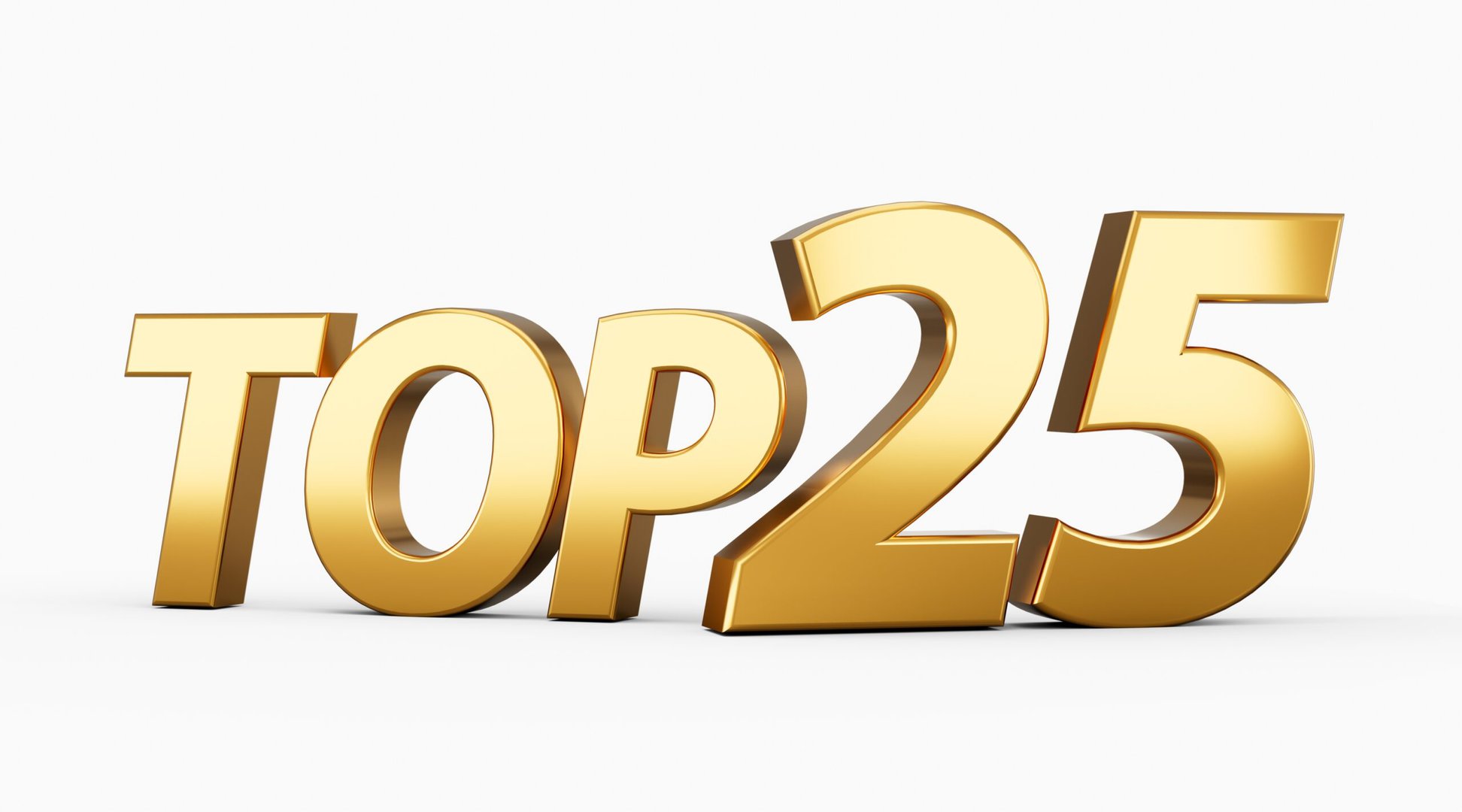Thanks to the many types of mortgage loans, people from varied backgrounds are able to realize the dream of homeownership, a milestone that many Americans strive for.
A house is a place to call your own, where you, your family, and your guests can enjoy each other’s company. It is also an investment in the future, as making mortgage payments can slowly build equity over time, resulting in a net gain should you decide to sell down the road. Additionally, this house can be an escape from the rest of the world, one that you can customize to suit your needs through home improvement projects and decorative choices.
Whether you are a first-time homebuyer or have owned several houses over the last 30 years, the process of purchasing a home is quite complicated. Since it is one of the biggest purchases you will make in your entire life, there is a lot of preparation and planning that should go into the decision-making process. Also, you should only consider buying a home when you have the income to cover it, as you will likely be taking on a significant amount of debt in the form of a mortgage loan to pay for it.
What is a Mortgage Loan?
A mortgage loan is what allows people to purchase a home when they do not have enough cash assets to pay the entire listing price upfront. A lender will enter into a contract with a buyer, agreeing to cover the cost of the home while you agree to pay back the loan amount over time, plus the interest rate in the form of monthly payments. If you fail to make your payments, the lender has the right to claim the property.
In basic terms, a mortgage loan is an IOU to the lender so that you can own the home right away, even if you do not have enough money to cover the listing price. As long as you continue to pay back the money borrowed plus interest over the course of the loan term, the property is yours.
Factors to Look Out For with Mortgage Loans
There are many types of mortgage loans that are available to home buyers across the country. While most people can qualify for at least one kind of loan, many of these loans have specific qualifications that will determine whether or not you can borrow from a particular lender. Here are a few variables to watch out for when you are beginning the home-buying process and starting to shop for mortgage loans.
Interest Rates
Interest is one of the most important aspects of a mortgage. Lenders have to make money on the assets that they allow people to borrow, so they charge interest rates on the loans that are given out. Often, most of your initial payments will go to paying off the accrued interest on the loan. A fixed interest rate locks in the rate for the whole life of the loan. A variable interest rate may change from the initial interest rate, resulting in changing monthly premiums. Make sure that you understand how interest works on a loan before you consider buying a home.
Mortgage Insurance
Mortgage insurance is a tool used by lenders to protect themselves when people with limited down payments borrow from them to purchase a home. Mortgage insurance premiums are added to the cost of the regular payments, and as a general rule, lenders will have mandatory mortgage insurance premiums if the homebuyer is putting less than 20% of the home price as a down payment. Some lenders may require private mortgage insurance, which can increase the total cost of the loan but allow those with limited down payments to still acquire the home.
Credit Score
Your credit score will play a huge role in the terms of your loan agreement. Credit scores are used by lenders to calculate risk for a particular borrower. If you have a lower credit score, then it may indicate that you do not have a long history of making payments, or maybe you have missed payments in the past. This could lead to a lender either rejecting your bid or offering a higher rate of interest. The better your minimum credit score, the better the interest rate you can qualify for with most conventional loans. It shows that you are reliable when it comes to paying off your debts, which lenders like to see when they give out loans.
Closing Costs
Often, homebuyers are hit with the surprise of closing costs when completing a transaction for a new house. These costs can include attorney fees, real estate agent fees, title fees, and a number of other costs that must be paid to complete the purchase. Depending on the type of mortgage loan you are applying for, you may be able to wrap closing costs up into the loan amount. This can lower the upfront costs of buying the home, but it will raise the amount of the loan you will receive.
Special Qualifications
Another factor that can determine what type of loan you should shop for is special qualifications. While conventional loans might be the best option for most homebuyers, there are other mortgage options that might be available to you. For example, military service members may have access to different loans on behalf of the Department of Veterans Affairs. Low-income families may qualify for loans backed by the Federal Housing Administration or other government-backed mortgages.
To help you discover the best way to approach buying your home, you need a guide through some of the different types of mortgages that are on the market.
Types of Mortgage Loans
There are many types of home loans that different people may qualify for based on some of the variables listed above. This breakdown will give you some basic information about some of the most popular loans that may fit your needs.
FHA Loans
The Federal Housing Administration is a branch of the US Department of Housing and Urban Development. An FHA loan is insured by this segment of the government, allowing those with limited resources to still buy a home and acquire a loan to do so. FHA loans protect lenders that might otherwise reject certain buyers because of their income. The benefits of an FHA mortgage are a low down payment requirement, low closing costs, and a lower credit score requirement. If you are hoping to purchase a home, but you do not have significant assets or income, then an FHA loan may be the solution that gets you your first house.
VA Loans
The Department of Veterans Affairs has a program that helps active duty service members, veterans, and qualified spouses purchase homes with VA loans. A VA loan is partly subsidized by this program, allowing lenders to offer better terms to borrowers. These loans are provided by private lenders such as banks or mortgage companies. Since a portion of the home loan is guaranteed by the VA, the borrower can obtain the VA loan with no down payment, no mortgage insurance, and a lower credit score threshold. The program is only available to those with the qualifications listed above, so unless you are on active duty, a veteran, or a qualified surviving spouse, this type of home loan is not an option.
Conventional Loans
Any loan that is not guaranteed or backed by the government is considered a conventional mortgage. A large percentage of homebuyers will acquire conventional mortgages if they have enough money for a decent down payment. However, even those who can only afford a 3% minimum down payment can still obtain a conventional loan. The threshold of a 20% down payment will allow the borrower to avoid mortgage insurance payments, and good credit scores will result in lower interest rates. If you are in the market for a home and you have little debt and a good credit score, then a conventional loan is probably the way to go.
Within the category of conventional mortgages, there are two subcategories; conforming loans and non-conforming loans.
Conforming Loan
A conforming mortgage is one that is backed or insured by the not-quite-government entities known as Fannie Mae (Federal National Mortgage Association) and Freddie Mac (Federal Home Loan Mortgage Association). These entities drive the mortgage market by backing conforming loans and act as secondary market makers when lenders want to repackage and sell a loan. There is a conforming loan limit that must be met to be backed by these entities, and that baseline number for most of the US is a maximum price of $726,000 in 2023.
Non-Conforming Loan
A non-conforming mortgage is any mortgage that falls beyond the price limit set by Fannie Mae and Freddie Mac. Since so much money is involved in these transactions, there is more risk for lenders. Non-conforming loans are in much lower demand since most purchases fall within the conforming loan limit.
Jumbo Loans
Another name for non-conforming loans is jumbo loans. A jumbo loan is used to finance properties that cost higher than $726,200. Since jumbo mortgages are not backed by Fannie Mae or Freddie Mac, lenders are at a much greater risk of loss if the borrower defaults on their monthly mortgage payment. Qualifications for receiving a jumbo loan are higher than a conventional loan, often requiring a minimum credit score above 700 and a strong debt-to-income ratio. You must also have a decent amount of cash reserves, especially if you have a poor debt-to-income ratio. If your homebuying aspirations would require a jumbo loan, then you must meet the income limits and other strict qualifications to have a hope of receiving one.
Interest-Only Mortgage
Some loan agreements can fall under the category of interest-only mortgages. These contracts allow the borrower to only pay interest costs for a certain period at the beginning of the term. It could last anywhere from one to ten years depending on what you decide with the lender. Making interest-only payments makes sense for people who want lower costs for the first few years of their purchase, or if they are frequent movers. Additionally, an interest payment structure could be a wise format if you are buying a second home that you will not be living in permanently yet.
Tips for Finding the Right Type of Mortgage Loan
Buying a home is not a simple process. With so much money at stake, you want to make sure that you are getting the best deal from your chosen mortgage lender with an agreement that benefits you. Choosing the right lender and loan type will be crucial, so here are a couple of tips to keep in mind when shopping around.
Fixed Rate Loans Vs Adjustable Rate Mortgages
One of the most important elements in every loan type is the mortgage interest rate. Lower interest rates will result in a lower total cost of the loan, but people with lower credit scores may not be able to obtain them.
FIXED-RATE Mortgage
Fixed-rate mortgages are ideal if you want to know what you are paying for the entire loan term. Once the rate is locked in, it will not change at all for a fixed-rate loan, ensuring that your monthly payments, at least the mortgage portion of them, will stay at the same interest rate for the life of the loan.
Fixed-rate mortgages are also good for buyers that plan to stay in the home for a long time. The only downside to a fixed interest rate is if the market favors borrowers and you end up paying a higher fixed cost than you would if you obtained a new loan at the average current rate.
ADJUSTABLE-RATE mortgage (ARM)
Adjustable rate mortgages (ARMs) usually have a set initial interest rate agreed upon between the borrower and the lender, but then the rate can shift after a certain amount of time has passed depending on the market. Once the variable interest rate kicks in, the borrower is at the mercy of the market. If interest rates rise, then your monthly costs will go up.
However, if interest rates fall in the market, then so too do your payments. While a fixed-rate mortgage can benefit long-term home buyers, short-term owners can enjoy an adjustable-rate mortgage when the market is favorable and if they plan to sell within five years since they can get lower rates than fixed-rate options.
Understand the Down Payment Requirements
The down payment is another important factor that determines the types of home loans you can get. If you have a decent cash reserve that you can use for a down payment, then you can qualify for lower loan amounts. A down payment of 20% or more usually removes the necessity for insurance. Additionally, many lenders will only offer a loan if you can pay at least 3% of the down payment, though the total cost of the loan will be much higher. If you are a potential buyer that is in the market for a home, having enough money to cover a sizeable down payment will give you access to more favorable loan agreements.
Consider Available Grants
There are a lot of opportunities available for home buyers to take advantage of certain programs that help with the costs of homes. One of the most common types of grants is a first-time homebuyer grant. You could receive a free gift of thousands of dollars to use for a down payment if you qualify. The requirements are often similar to those of a mortgage loan. You might need to prove that you have the income and assets necessary to cover your payments. There might also be ramifications for selling the home shortly after buying it.
For example, you could receive a grant as a first-time buyer in the amount of $10,000 for your down payment, but you have to live in the home for five years to keep the entire amount. If you sell the home after three years, you might be required to pay a portion of the grant back. There are lots of homebuyer grants out there that you could qualify for that will lower your monthly mortgage payment, so do some research to see if your career or lifestyle can qualify you for these benefits.
Find the Right Lender
If you are getting ready to buy a home, then it is time to start considering what lender you will go with. There are many options for types of entities that you can borrow from, including conventional banks, credit unions, and mortgage marketplaces.
In many cases, you can conduct most research online, such as obtaining free mortgage calculators or loan quotes by providing basic information about your income and where you want to live. You can also ask questions about the length of the process, who your contact will be, and what penalties may occur if certain timelines are not adhered to. It is important that you trust the entity that you are borrowing from, so you can always look to online reviews to see how other buyers felt about their experiences.
What Types of Mortgages Will You Consider?
As you can see from the list above, there are many options for the type of mortgage loan you can acquire to purchase a home. There are federal government-insured loans like FHA loans that help people with lower incomes acquire a house.
Additionally, USDA loans can help those who have no money for a down payment in eligible towns and rural areas across the country. VA loans can help active-duty service members, veterans, and their families acquire loans with better conditions.
A conventional loan can work for a large percentage of homebuyers, whether they choose a fixed-rate mortgage or an adjustable-rate mortgage. Jumbo loans are available for those making larger purchases that fall outside the limits set by Fannie Mae and Freddie Mac, both of which are regulated by the Federal Housing Finance Agency.
There are other loans that haven’t even been mentioned yet. A reverse mortgage is a tool that older homeowners use to borrow money using their home as a security for the loan. A construction loan can be used to borrow money for a custom-built home and typically features higher interest rates.
You should also consider a monthly payment plan for the type of mortgage you will choose. will you commit to regular monthly payments of the same amount for the entire term or will you make some lump sum payments on your conventional mortgage each year to pay down the principal?
A Note About Pre-Approval
Once you have decided what type of mortgage you want to obtain for your home, it is time to get pre-approved. Having a pre-approval will shorten the process of the transaction since the lender is already prepared to initiate the loan agreement.
In many cases, when a seller has to choose between different offers for their home, they will favor buyers who have been pre-approved because the process can move much quicker. Plus, getting pre-approved can give you a clear picture of what your budget should be.
Now that you know all the basics about the most common home loans that are available, your journey toward homeownership is ready to begin.






